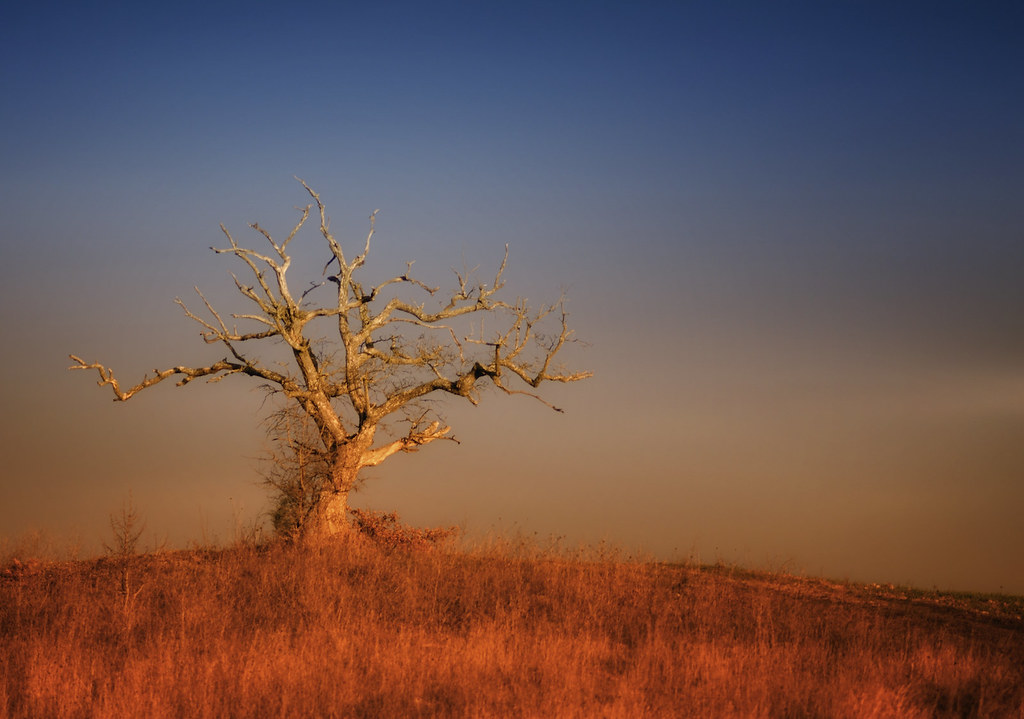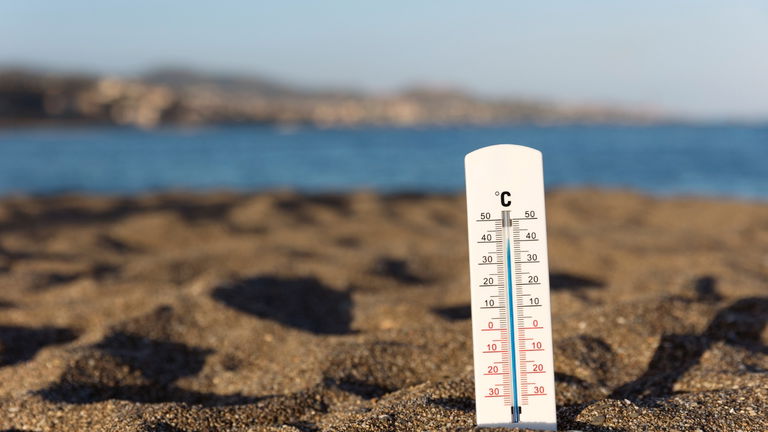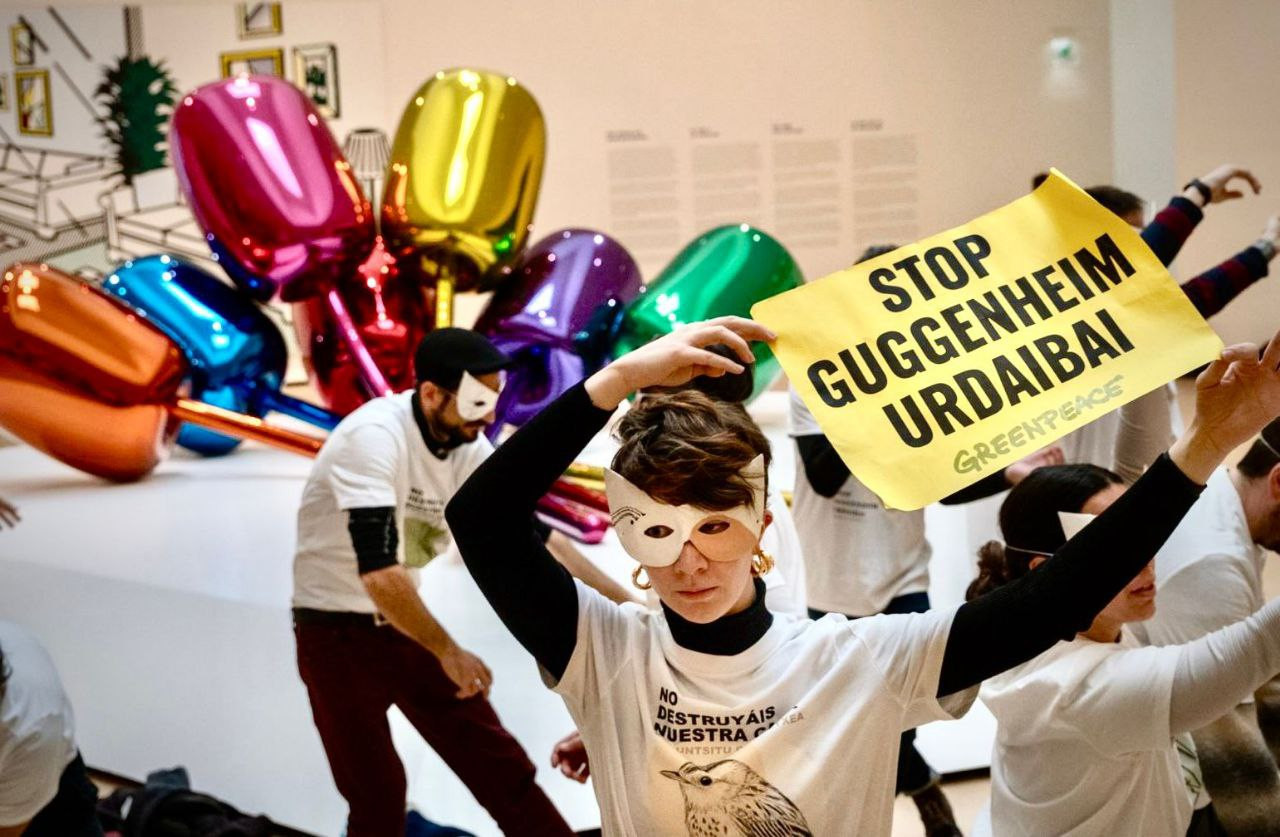Oil giants distribute the biggest dividends ever
- BP, Shell, Chevron, ExxonMobil and TotalEnergies will share $100 billion (EUR 90.1 billion) among their investors, the highest remuneration ever. As a result of the Ukrainian war, in 2023 the giant oil and gas companies quoted on the stock exchange beat the profit record.

BP, Shell, Chevron, ExxonMobil and TotalEnergies are ranked among the top five oil companies in the world. They are listed on the stock exchange and will distribute to their shareholders an extraordinary payment of $100 billion (EUR 90,100 million), compared to at least 2023.
The Guardian newspaper has published the data, "in a context of growing indignation at the benefits of fossil fuels," he explained. And that is, when oil companies have made huge profits "from the swings of the Ukrainian war on the market," the British newspaper says.
Financial experts expect that, as a result of dividends and stock transactions, the amount of the previous year’s remuneration is likely to be exceeded and the record broken, which for the time being has data from the first three quarters of 2023. Benefits will not, however, be as high as expected due to the recent drop in fuel prices.
Leak forward
So why are they going to distribute so much money? According to experts, oil companies are offering increasing rewards to prevent investors from leaving the sector, as "external pressure" against them is increasing. The Guardian talks, among other things, about spectacular actions by activists in general meetings or campaigns worldwide. I mean, go ahead is a flight.
According to the same newspaper, "some environmental groups believe that these fees are being used to distract investors from the public reaction to the oil industry and the final changes that governments need to end fossil fuels."
Unfortunately, it was not the only record this year associated with fossil fuels. The Guardian has recalled that what we have just passed has also been the warmest year recorded, as "the climate emergency has caused extreme weather events". And that's what we all have to pay for.
Today’s Venice is built on an archipelago of 118 islands. These islands are connected by 455 bridges. The city is based on mud rather than Lura. Millions of trees in the area were cut down from the 9th century onwards to build piles and cement the city. Years have passed and... [+]
Lurrak guri zuhaitzak eman, eta guk lurrari egurra. Egungo bizimoldea bideraezina dela ikusita, Suitzako Alderdi Berdearen gazte adarrak galdeketara deitu ditu herritarrak, “garapen” ekonomikoa planetaren mugen gainetik jarri ala ez erabakitzeko. Izan ere, mundu... [+]
Eskola inguruko natur guneak aztertu dituzte Hernaniko Lehen Hezkuntzako bost ikastetxeetako ikasleek. Helburua, bikoitza: klima larrialdiari aurre egiteko eremu horiek identifikatu eta kontserbatzea batetik, eta hezkuntzarako erabiltzea, bestetik. Eskola bakoitzak natur eremu... [+]
Agintari gutxik aitortzen dute publikoki, disimulurik eta konplexurik gabe, multinazional kutsatzaileen alde daudela. Nahiago izaten dute enpresa horien aurpegi berdea babestu, “planetaren alde” lan egiten ari direla harro azpimarratu, eta kutsadura eta marroiz... [+]
Biologian doktorea, CESIC Zientzia Ikerketen Kontseilu Nagusiko ikerlaria eta Madrilgo Rey Juan Carlos unibertsitateko irakaslea, Fernando Valladares (Mar del Plata, 1965) klima aldaketa eta ingurumen gaietan Espainiako Estatuko ahots kritiko ezagunenetako bat da. Urteak... [+]
Nola azaldu 10-12 urteko ikasleei bioaniztasunaren galerak eta klima aldaketaren ondorioek duten larritasuna, “ez dago ezer egiterik” ideia alboratu eta planetaren alde elkarrekin zer egin dezakegun gogoetatzeko? Fernando Valladares biologoak hainbat gako eman dizkie... [+]
Eskoziako Lur Garaietara otsoak itzularazteak basoak bere onera ekartzen lagunduko lukeela adierazi dute Leeds unibertsitateko ikertzaileek.. Horrek, era berean, klima-larrialdiari aurre egiteko balioko lukeela baieztatu dute, basoek atmosferako karbono-dioxidoa xurgatuko... [+]












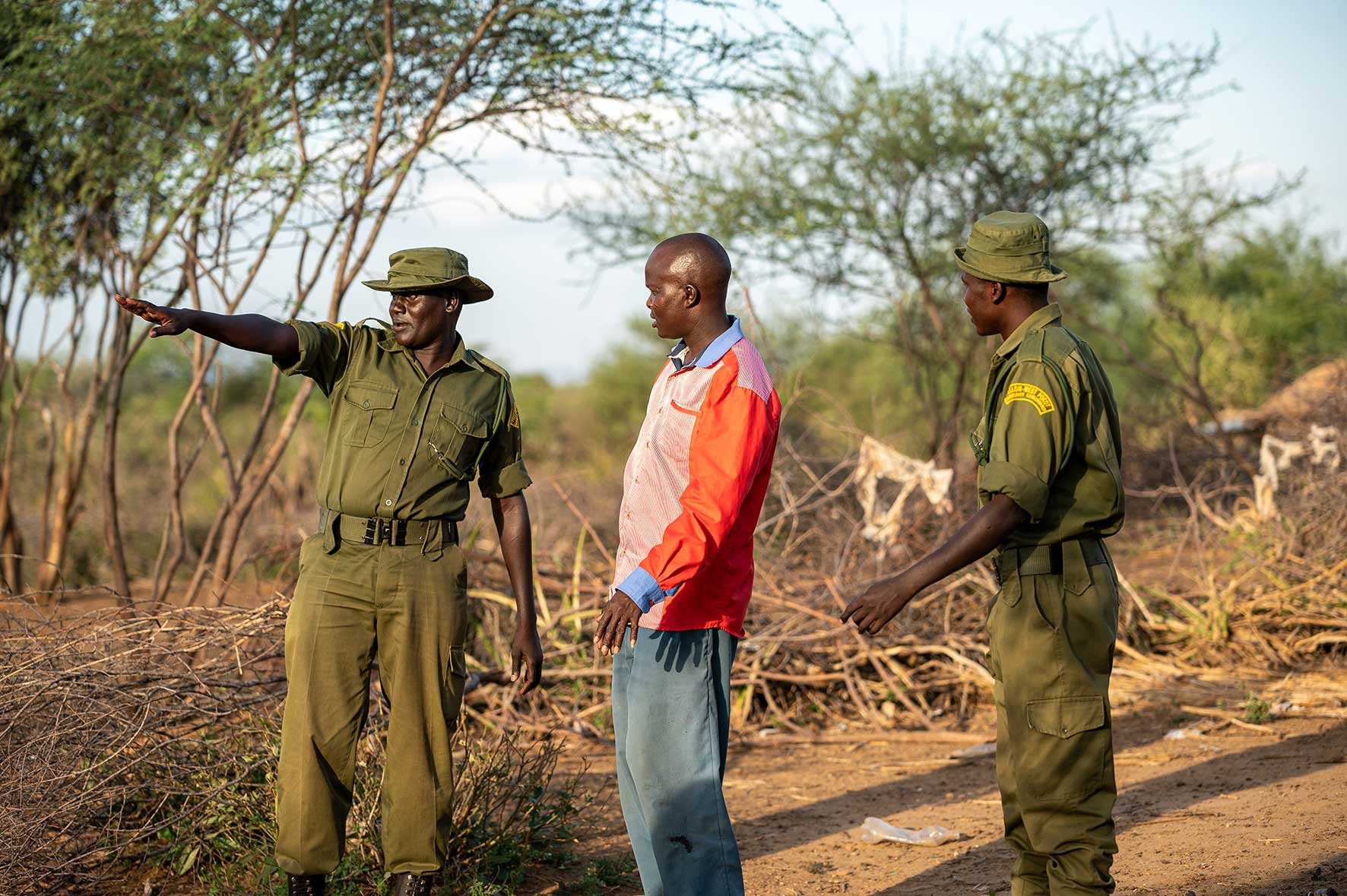
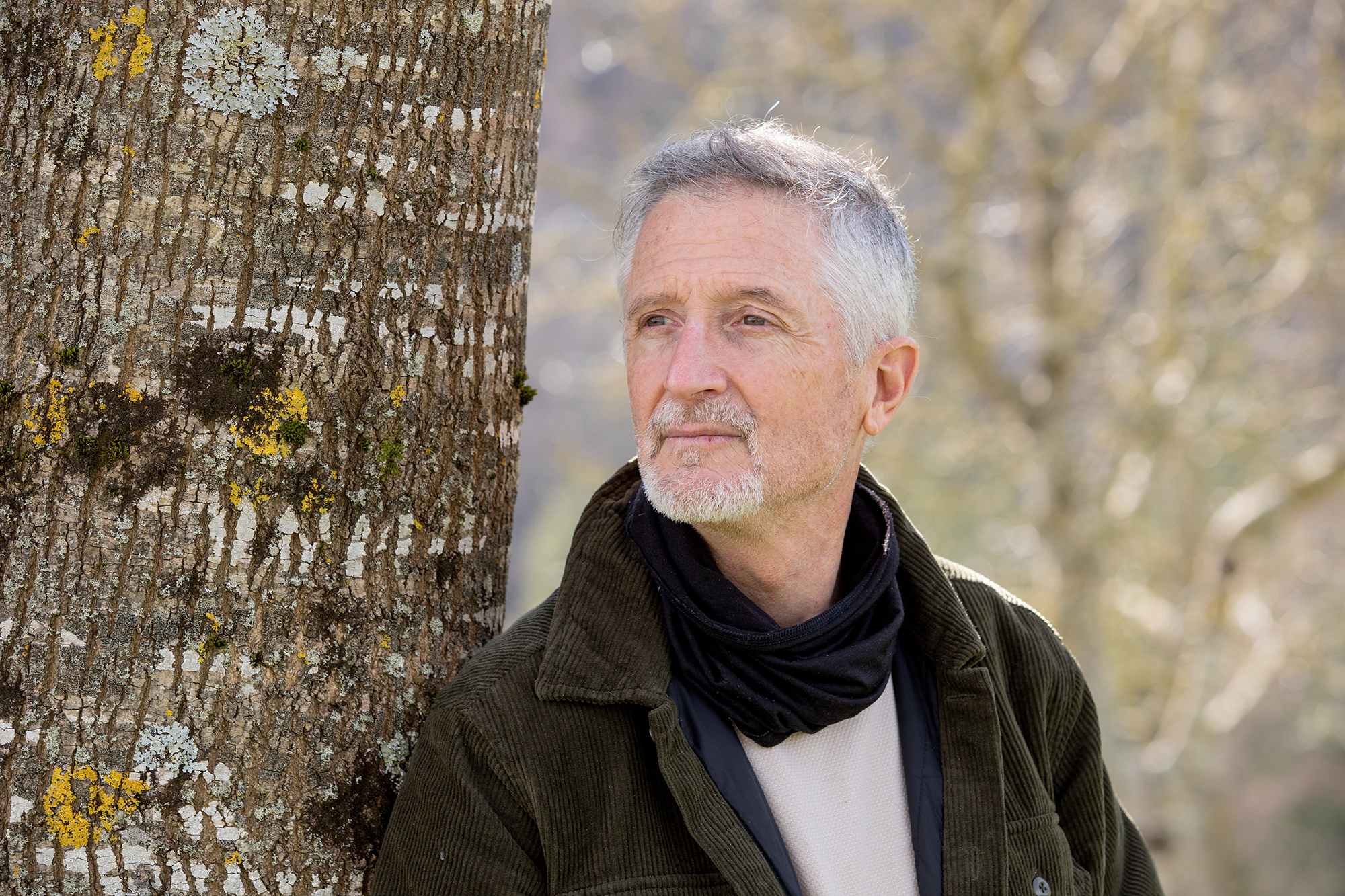

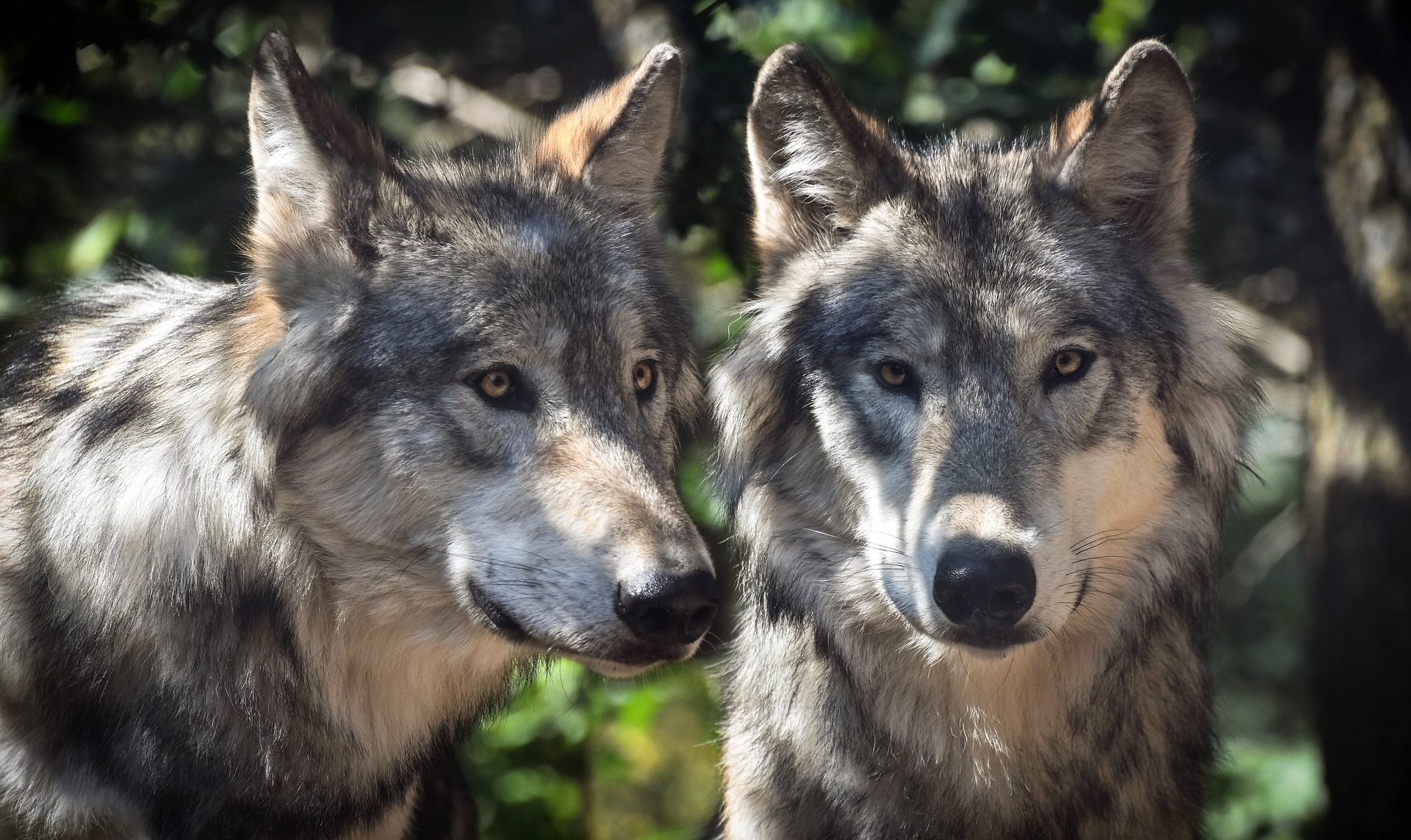
_Glaciar.png)
